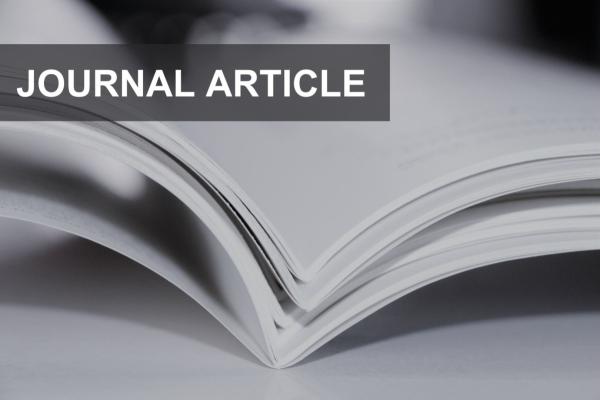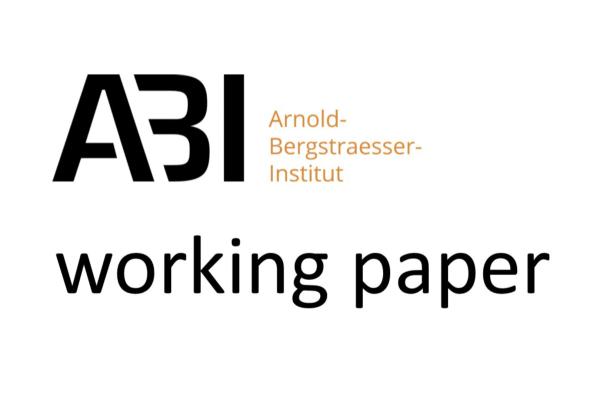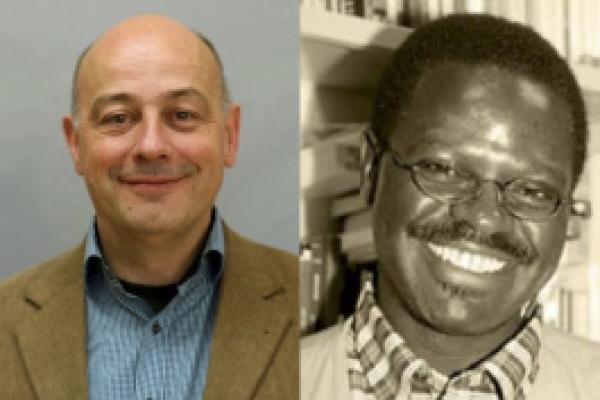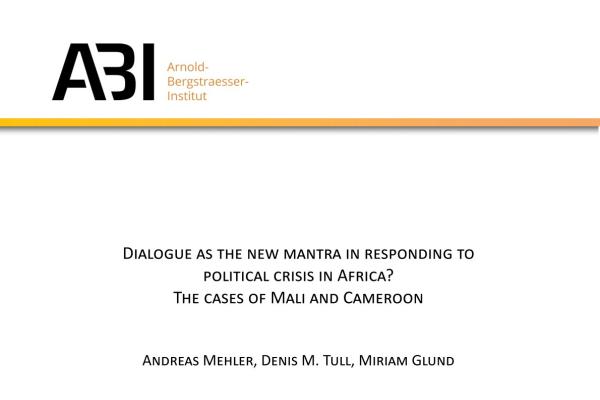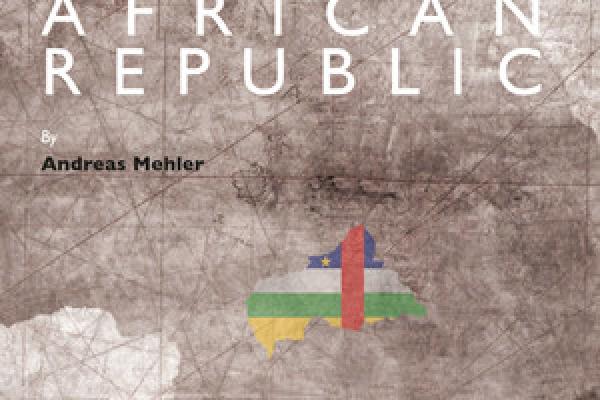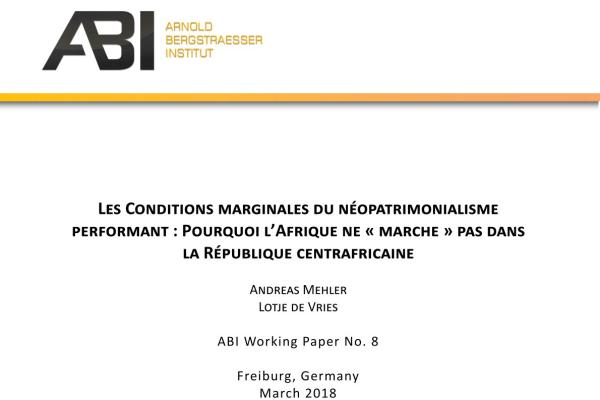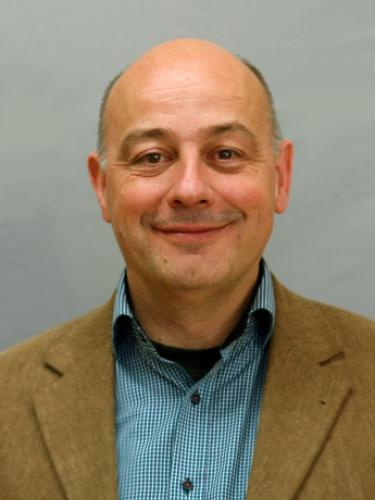
Andreas Mehler ist seit Oktober 2015 Direktor des Arnold Bergstraesser Instituts und Professor der Politikwissenschaft an der Universität Freiburg, vorher war er Direktor des GIGA Instituts für Afrika-Studien in Hamburg (2002 - 2015). Andreas Mehler ist derzeit Vorsitzender des Executive Council des Maria Sibylla Merian Institute for Advanced Studies in Africa (MIASA). Darüber hinaus ist er Direktor des Africa Centre for Transregional Research (ACT) an der Universität Freiburg und Vorstandsmitglied des Graduiertenkollegs 2571 "Empires", sowie PI im BMBF-finanzierten Forschungsnetzwerk Hierarchies in Peace and Conflict.
Gemeinsam mit diversen Ko-Autor*innen veröffentlicht Andreas Mehler seit 2005 das Africa Yearbook. Politics, Economy and Society South of the Sahara beim Brill-Verlag in Leiden, NL. Er ist Mitglied im Afrikagesprächskreis des Außenministeriums und Mitglied des wissenschaftlichen Beirats der Deutschen Stiftung Friedensforschung.
2022 – 2025 Postcolonial Hierarchies in Peace & Conflict, BMBF
seit 2020 Graduiertenkolleg "GRK 2571: Imperien: Dynamischer Wandel, Temporalität und nachimperiale Ordnungen", DFG
2021 – 2023 Reziprok, Interdisziplinär und transparent. Provenienzforschung mit Restitutionsperspektive im kolonialen Kontext – Zum angemessenen Umgang mit einer Sammlung am Beispiel der Alexander-Ecker-Sammlung in Freiburg, Deutsches Zentrum Kulturgutverluste
2018 – 2026 Merian Institute for Advanced Studies in Africa/BMBF, approx. € 12 mio.
2014 – 2017 Alternatives to the production of state security in areas of extremely limited statehood (Central African Republic and South Sudan), project C10 within the DFG Collaborative Research Centre 700 (Governance in Areas of Limited Statehood); € 330,000
2010 – 2016 The local arena of power-sharing. Patterns of Adaptation of Continued Disorder. (in the framework of the DFG Priority Programme 1448 "Adaptation and Creativity in Africa"), DFG (2010-2016) (ME 1701/4-1 and 4-2)(with Denis Tull); € 228,000
2012 – 2016 Institutions for Sustainable Peace, Leibniz-Gemeinschaft/SAW-Verfahren (with Matthias Basedau and Sabine Kurtenbach), € 805,000
2012 – 2015 ‘Power-sharing’ in postconflict situations: On the institutional prerequisites for lasting peace, DFG ME 1701/6-1, 6-2 € 381,000
seit 2018 President / Member Executive Council of MIASA
2018 – 2020 President of CrossArea
seit 2020 Director, Africa Centre for Transregional Research at Freiburg University
seit 2005 Editor, Africa Yearbook (Brill Publishers, Leiden)
2009 – 2018 Editor Africa Spectrum (SSCI-rated, open access Journal)
2000 – 2016, seit 2020 Member of the Board, African Studies Association in Germany (VAD)
2008 – 2016 Member of the Board, Africa-Europe Group for Interdisciplinary Studies (AEGIS)
mit Alexander Makulilo und Mohamed Haji (2024): „Rooted in Society? From “Elite” to “People-Centred” Power Sharing in Zanzibar“, in: Africa Review, 16 (4), 389-409. peer reviewed
(2022): „Academic Cooperation in the Humanities and Social Sciences: A Post-COVID Future “, in: African Futures, Africa-Europe Group for Interdisciplinary Studies, 2022 (Band 27), 367–374. peer reviewed
mit Wazi Apoh (2021): „Vom Rande aus betrachtet. Das Humboldt-Forum und die Restitutionsdebatte“, in: Welttrends, 2021 (179), 54-58.
(2020): A Decade of Central African Republic A Decade of Central African Republic Politics, Economy and Society 2009-2018. Leiden: Brill.
mit Wazi Apoh (2020): „Mainstreaming the Discourse on Restitution and Repatriation within African History, Heritage Studies and Political Science“, in: Contemporary Journal of African Studies, 7 (1), 1-16.
mit Tim Glawion und Lotje De Vries (2019): „Handle with Care! A Qualitative Comparison of the Fragile States Index's Bottom Three Countries: Central African Republic, Somalia and South Sudan“, in: Development and Change, 50 (2), 277-300. peer reviewed
mit Caroline Hartzell (Hg.) (2019): Power Sharing and Power Relations After Civil War. Boulder/Colorado: Lynne Rienner Publishers.
mit Claudia Simons, Franzisca Zanker und Denis Tull (2013): Power-sharing in Africa’s war zones: how important is the local level?, in: Journal of Modern African Studies, 51 4, 681-706.
(2012): „From "Protecting civilians" to "for the sake of democracy" (and back again). Justifying intervention in Côte d'Ivoire”, in: African Security, 3-4, 199-216.



